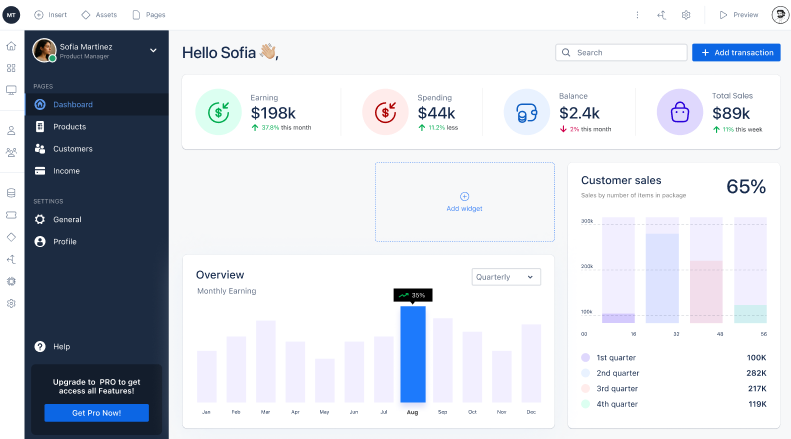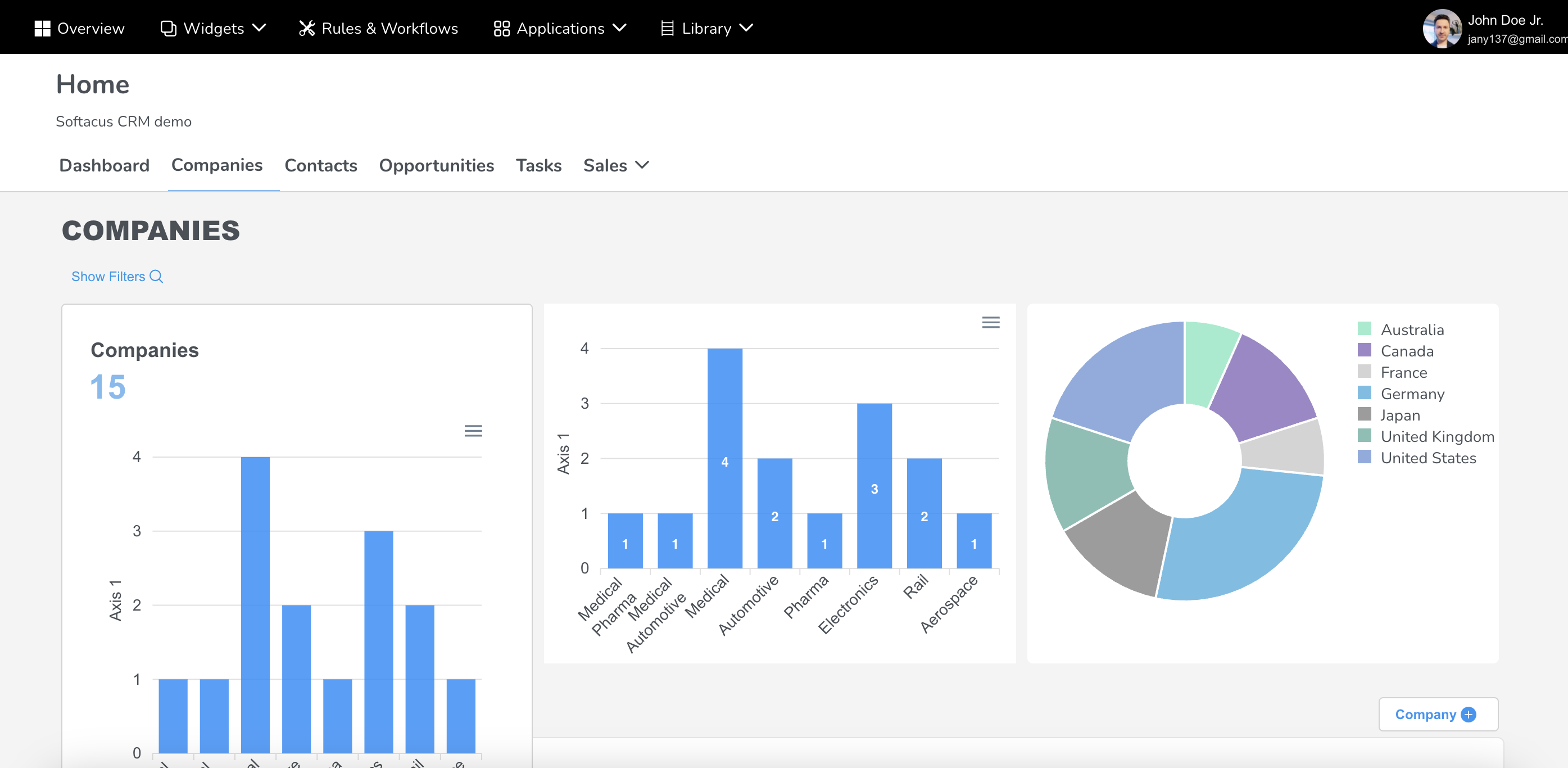How No-Code Development Enhances Innovation
One of the key reasons why no-code development has gained so much popularity is its remarkable ease of use. These platforms provide intuitive drag-and-drop interfaces, pre-built templates, and a wealth of visual tools that allow users to design, build, and deploy applications with minimal effort. This approach eliminates the steep learning curve associated with traditional coding, making it accessible to individuals who might have little or no programming experience.
No-code development enables people to take their ideas and turn them into reality quickly, easily and without risk.

Traditional programming can be a risky endeavor. When you have a brilliant idea, you often need to invest a significant amount of time, effort, and money to bring that idea to life. This means months of coding, debugging, and testing, not to mention the costs associated with hiring skilled developers. However, there's always a chance that your idea might turn out to be a dead end, leaving you with a tremendous loss of both time and potentially tens of thousands of dollars.
On the other hand, no-code development significantly reduces this risk. With no-code tools, you can transform your idea into a reality within a matter of days or weeks, requiring minimal investment. These platforms provide easy-to-use interfaces, pre-built components, and templates, which means you don't need to be a coding expert. This low barrier to entry allows you to experiment with numerous ideas quickly and cost-effectively.
The beauty of no-code is that it enables you to test, refine, and iterate on your concepts at a pace that was previously unimaginable. If one idea doesn't work out, you can swiftly move on to the next without losing much in terms of time or money. This ability to experiment and evolve rapidly has empowered entrepreneurs, innovators, and businesses to explore new horizons, fostering a culture of continuous innovation and minimizing the fear of failure that often comes with traditional programming. In this way, no-code development is like a risk-reduction superpower, making it easier than ever to bring ideas to life, adapt them quickly and innovate.
It's no surprise that McKinsey Technology Trends Outlook 2023 has identified next-generation software development, enabling non-developers to build applications, as one of the top current technology trends. According to Forrester, "no-code" has become a marker for products aimed at empowering business users. Combining agile strategy with low-code and citizen development is seen as a practical way to pursue digital initiatives at scale.

Fostering culture of innovation and experimentation in business
Until recently, the development of new applications involved complex processes and often took weeks or months to prioritize and develop. This technology trend has even found its way into the world's largest and wealthiest companies. Shell, for example, recognizes the importance of non-professional developers in their digitalization journey.
Low-code addresses the developer shortage and allows companies to invest in a "build-a-developer" model, finding success ahead of the industry. Low-code/no-code platforms democratize the creation of software applications, enabling individual departments or units to solve problems without relying solely on scarce IT resources. The success of applications, workflows, and processes directly influences an entire company's operations and success.
To stay ahead, organizations must foster a culture of innovation and problem-solving, allowing individuals to develop applications tailored to their specific needs. This accessibility and simplicity have transformed the development landscape, making it open to a wider range of individuals and contributing to a more diverse and inclusive tech ecosystem. The low cost of development allows organizations to experiment without exceeding their budgets.

Leaders must actively promote the use of no-code app development to drive experimentation, innovation, and digital transformation. Enabling subject matter experts to create business applications speeds up digital transformation efforts and enhances an organization's agility in responding to competitive markets and changing regulations.
Motivating employees to become no-code developers and create their business applications requires a shift in mindset, along with equipping individuals with tools, training, and encouragement to be creative and take calculated risks. Organizations should create frameworks that allow employees to succeed and ensure access to training, reference materials, and policies that align with other business units and the organization as a whole.
Equipping both professional IT developers and non-IT individuals, known as business technologists, with diverse low-code tools enables organizations to achieve the digital competency and speed of delivery required in the modern agile environment.[Gartner]
Who Is a Citizen Developer?
Employees who create solutions for their specific needs or their business are often referred to as "citizen developers." This term was coined by Gartner. “A citizen developer is an employee who creates application capabilities for themselves or others using tools not actively forbidden by IT or business units. They report to a business unit other than IT.
Citizen developers are essentially business technologists, but not all business technologists are citizen developers. There are no specific proficiency requirements or time allocations for citizen developers, but they must be legal employees of an organization. This concept embodies the spirit of empowerment, enabling individuals to be the driving force behind their digital solutions.”[Gartner]
Summary:
The rise of no-code development is democratizing technology, empowering individuals from diverse backgrounds to innovate and create software applications with remarkable ease. It eliminates the barriers of traditional programming, making it accessible to those with limited coding experience. No-code development encourages a culture of innovation and rapid experimentation, minimizing the fear of failure that often comes with traditional coding. It's a key technology trend, as recognized by McKinsey and Forrester, and is crucial for businesses, including major corporations like Shell. No-code development enhances an organization's agility and responsiveness, making it easier than ever to turn ideas into reality. Additionally, the concept of citizen developers highlights the importance of empowering individuals to drive their digital solutions within organizations.
Latest News
Exploring Insights, Ideas, and Innovation: Navigating the Blogosphere with Our Latest Perspectives and Expert Commentary

